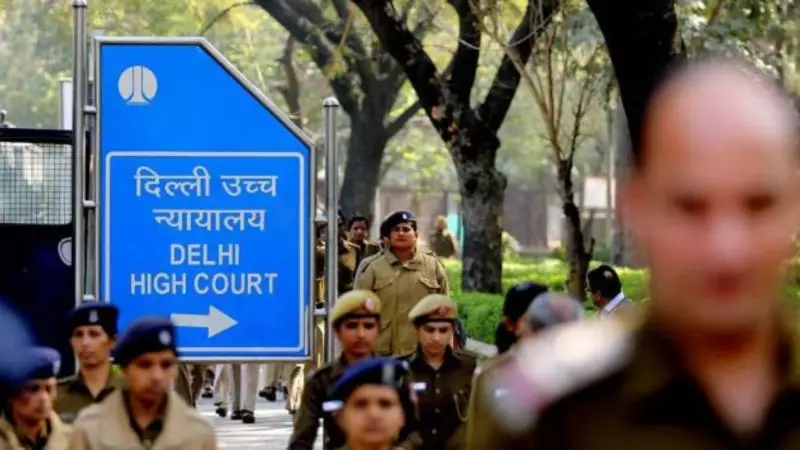
In a powerful verdict that reinforces the seriousness of crimes against children, the Delhi High Court has firmly declined to quash a case registered under the Protection of Children from Sexual Offences (POCSO) Act, despite a compromise reached between the accused and the victim's family.
Justice Over Compromise: The Court's Stance
The bench, while delivering its judgment, emphasized that sexual offences cannot be treated as compoundable crimes merely because the parties involved have reached a settlement. The court underscored that crimes of this nature have broader societal implications and cannot be resolved through private agreements.
Why This Ruling Matters for Child Protection
This landmark decision sends a clear message across the legal landscape:
- Sexual crimes against children are offences against society at large
- POCSO cases cannot be settled through financial or out-of-court agreements
- The state has a responsibility to ensure justice for vulnerable victims
- Legal processes must run their complete course in such serious matters
The Legal Framework Behind the Decision
The court referenced the fundamental principles of the POCSO Act, which was specifically enacted to provide comprehensive protection for children from sexual assault, harassment, and pornography. The legislation recognizes the vulnerable position of child victims and establishes special procedures to handle such cases sensitively.
This ruling aligns with the legislative intent behind POCSO – to ensure that perpetrators of sexual crimes against children face legal consequences, regardless of any subsequent settlements between families or parties involved.
Broader Implications for Future Cases
Legal experts believe this judgment will set a crucial precedent for similar cases across the country. It reinforces that:
- Courts will not easily allow quashing of serious sexual offence cases
- The welfare of child victims remains paramount in judicial considerations
- Compromise agreements cannot override statutory protections for children
- The judicial system maintains its duty to uphold child rights
The decision comes at a time when there's growing concern about the safety of children in various environments, making this ruling particularly significant for child protection advocates and legal practitioners alike.





